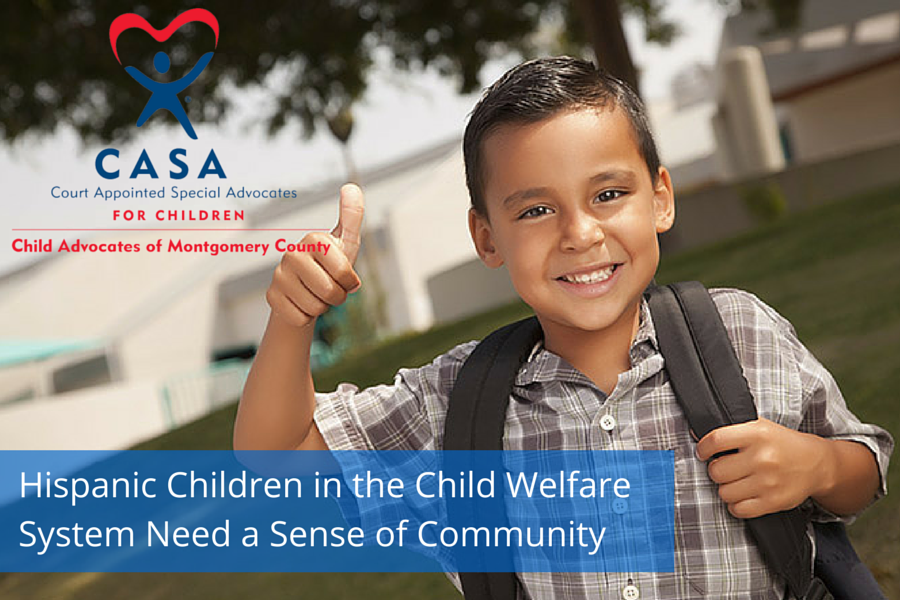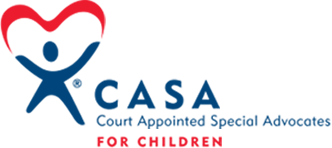Hispanic Children in the Child Welfare System Need a Sense of Community

Growing up, most of us are taught that it is polite and correct to help others, including family members, neighbors and community members in need. In the Hispanic society, family or group needs take precedence over the needs of the individual. Latinos tend to be highly group-focused. Emphasis is placed primarily on family as the major source of one’s identity and protection against the hardships of life. This sense of family-belonging is very strong and limited to family and close friends. People who are not family or close friends are often slow to be given trust. The family model is also an extended one. It includes grandparents, aunts, uncles, and cousins. Even people who are not biologically related may be considered part of the “immediate family.”
With your help, we can give the Hispanic/Latino children in the child welfare system—children removed from abusive or neglectful homes—a sense of community and belonging. Community and family are so very important to the healthy development of a child. However, children in foster care are often missing both important factors.
Every child comes from their own individual background and unique set of circumstances. Speaking up for the best interests of each individual child defines CASA Child Advocates of Montgomery County. CASA (Court Appointed Special Advocates) provide a voice for the child in court, ensure the child’s needs are being met while in foster care, and help determine the best safe and permanent home for the child.
We are in need of bilingual (Spanish/English) volunteers. In some instances, primarily Spanish-speaking Hispanic/Latino children end up in foster care in a home where English is the only spoken language. In addition to the initial trauma of being removed from the only family and community they know, they are suddenly thrust into a stranger’s home. Their familial identity is gone. Imagine their confusion, the grief of separation, and the resulting feelings of loss.
If this is your first visit to our blog, you might ask, “What is a CASA Advocate?” CASA volunteers get to know the child by talking with everyone in that child’s life: parents and relatives, foster parents, teachers, medical professionals, attorneys, social workers, etc. The information they gather is then used to inform judges and others of the child’s needs and what will be the best permanent home for them. No one longs for a safe, permanent home more than a child in foster care.
Hispanic/Latino children make up about 33 percent of the foster care population in Texas, even though they comprise only 22 percent of the state’s overall child population. Did you know that children of first-generation Hispanic/Latino immigrant parents are less likely to enter foster care than the second and third generation children? Researchers believe this is the result of some negative aspects of acculturation (when one culture meets and is affected by a new culture, both positively and negatively.)
Would you like:
- To make a difference in the life of a child
- To help your community, state, and country
- An opportunity to both utilize your skills and bilingual abilities, as well as learn new things
- A unique volunteer opportunity
These are all worthy motivations—especially the ability to directly help a child during a very difficult and confusing time in his or her young life.
You can make a big difference in the life of a vulnerable child and in the lives of generations to come. We need and appreciate your support. Please contact us to learn more about becoming a CASA Child Advocates volunteer.
